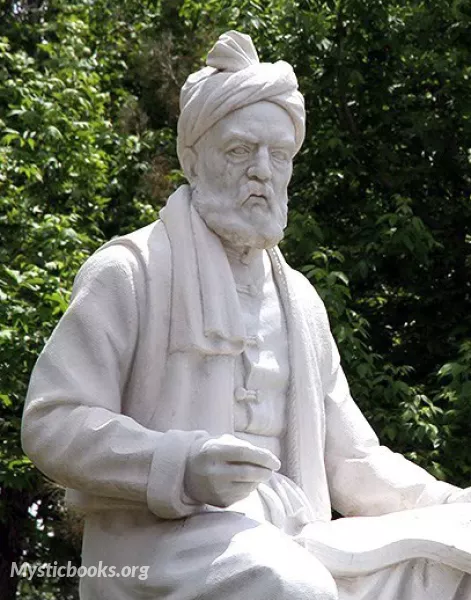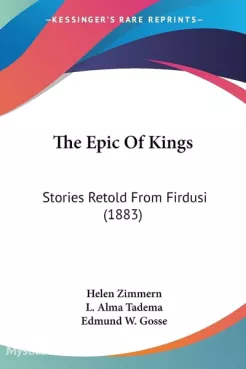
Timeline
Title
Country/Nationality
Abul-Qâsem Ferdowsi Tusi
Abul-Qāsem Ferdowsi Tusi, often simply referred to as Ferdowsi, was a renowned Persian poet and the author of one of the world's greatest epic poems, the Shahnameh (Book of Kings). His life and works have left an indelible mark on Persian literature and culture, preserving the rich heritage of ancient Persia for generations to come. This essay delves into the life, principles, notable works, philosophy, and enduring legacy of Ferdowsi.
Early Life and Background
Ferdowsi was born in 935 CE in the city of Tus, located in present-day Iran. He grew up in a period of political turmoil and cultural transformation, with the Islamic caliphates exerting their influence over the region. Despite these challenges, Ferdowsi displayed an early inclination toward poetry and literature, immersing himself in the rich Persian literary tradition.
The Shahnameh: A Monumental Achievement
Ferdowsi's crowning achievement, the Shahnameh, is a monumental epic poem that consists of over 50,000 couplets. Completed around the year 1010 CE, it took Ferdowsi three decades of dedicated work to compile and compose this masterpiece. The Shahnameh is a chronicle of Persian history, mythology, and heroic legends, spanning from the creation of the world to the Islamic conquest of Persia. Ferdowsi's deep understanding of Persian folklore and history enabled him to weave together a rich tapestry of stories that celebrated the virtues of courage, loyalty, and honor.
Principles and Philosophy
Ferdowsi's literary work was deeply influenced by his principles and philosophy. He believed in the power of storytelling as a means of preserving the cultural identity and values of a nation. Ferdowsi's Shahnameh not only entertained its readers but also served as a repository of moral lessons and historical truths. His commitment to preserving the Persian language and heritage is evident in his decision to write the Shahnameh in Persian, despite the dominance of Arabic during his time.
Enduring Legacy and Remembrance
Ferdowsi's legacy has transcended centuries and continues to shape Persian literature and national consciousness. His emphasis on the importance of language and culture in shaping a society's identity has resonated throughout Persian history. His epic poems have been recited, studied, and celebrated across generations, reaffirming the enduring power of storytelling.
Conclusion
Abul-Qāsem Ferdowsi Tusi's life and works stand as a testament to the enduring impact of literature on culture and identity. His dedication to preserving Persian heritage through epic poetry, particularly the Shahnameh, has solidified his position as one of Persia's most cherished literary figures. Ferdowsi's commitment to his principles, his literary philosophy, and his profound insights into human nature continue to inspire writers and thinkers worldwide. His legacy lives on through the words of the Shahnameh, reminding us of the timeless power of storytelling to connect generations and uphold the values of a civilization.
Books by Abul-Qâsem Ferdowsi Tusi

The Epic of Kings: Stories Retold from Firdusi
Embark on an extraordinary journey through the ages with "The Epic of Kings: Stories Retold from Firdusi" by Abul-Qâsem Ferdowsi Tusi. Unveil the magnificence of ancient Persia's myths and legends, brought to life through poetic prose that echoes acr...